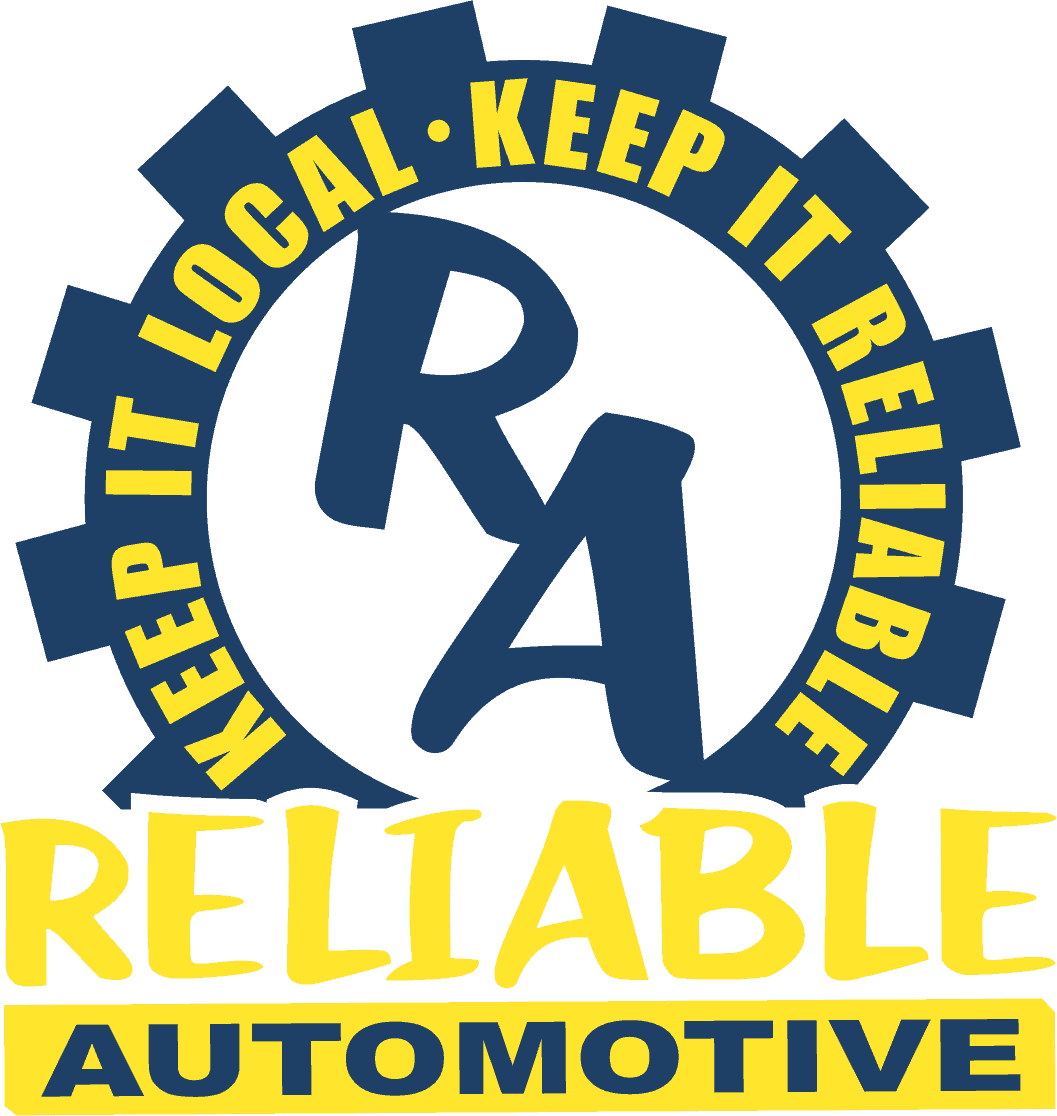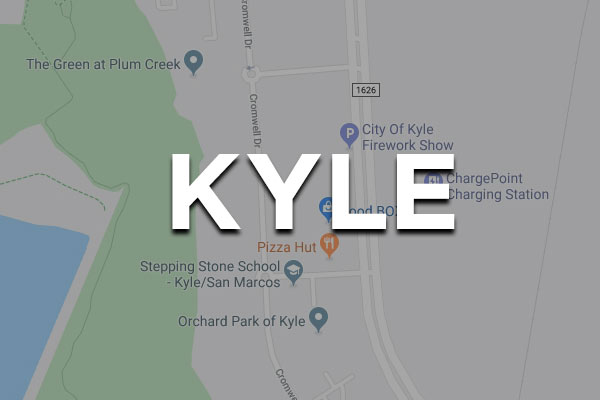
While diving can be stressful, experiencing a sudden jerk while you accelerate can be downright scary. If a sudden jerk catches you off-guard you may even lose control of your vehicle. It’s important to know the possible reasons your car may jerk while accelerating, and how to fix these issues. Below, we’ve outlined some common possible causes and fixes.
1. Clogged Fuel Injectors
Having clogged fuel injectors is a very common issue that can cause many car problems. A clogged fuel injector can prevent the fuel your car needs to accelerate, thus causing you car to jerk in the process. If you hear your car engine stuttering, then the injectors may not be providing an adequate amount of fuel.
To fix this, you should clean the injectors on a regular basis. Using a fuel injector cleaning solution might eliminate the issue of the car jerking.
If the clog is too severe, the injectors may need to be taken out and cleaned or replaced by a mechanic.
2. Obstructed Catalytic Converter
Your car’s catalytic converter manages the reduction of exhaust particles that your car puts out. However, if the converter is obstructed with too much exhaust/air, then it can become obstructed. This can also cause the airflow to be impeded throughout the car’s exhaust system.
This can result in jerking and stuttering, which can cause your car to become unresponsive during acceleration. Other than the possible jerking, you may also experience bad smells, an illuminated check engine light, or decreased fuel economy.
Depending on the severity of the issue, you may be able to clean out the converter using a cleaner. However, if the issue needs more than a cleaner, then you will need to have a mechanic investigate, and it may end up needing to be replaced.
3. Defective Mass Airflow Sensor
Having a defective mass airflow sensor could certainly cause your car to jerk or even lung forward while accelerating.
The mass airflow sensor helps measures the amount of air that your car engine takes in. Based on the amount of air intake, the MAF data is used to adjust the injectors to supply an adequate fuel amount when necessary so that an ideal air and fuel mixture is maintained.
If the mass airflow sensor becomes defective, jerking can occur as you accelerate or drive at higher speeds. It may be noticed a lot as you drive at a constant high speed such as highway diving.
You may notice black smoke coming from your tailpipe or your engine may backfire, and you will likely be notified of a problem when the check engine comes on. To fix this issue you’ll need to have the sensor replaced.
4. Dirty Fuel Filter
Car jerking is often due to the amount of fuel being supplied to the engine, so checking the fuel filter and fuel pump is a good place to start diagnosing.
When a car has a faulty fuel pump your car will have a hard time maintaining the required amount of fuel needed for accelerating. You will likely need to have it replaced.
Book an Auto Repair Appointment int Buda
Book an Auto Repair Appointment in San Marcos
Book an Auto Repair Appointment in Kyle
5. Clogged Air Filter
Proper air intake is essential for your car to run properly, so it is necessary to have a clean air filter. When your air filter is dirty, it decreases the amount of available air that the engine needs to combust properly.
The air filter’s job is to prevent dirt and debris from entering the engine. When the filter becomes too dirty, it may allow some of the built-up dirt to enter. When this happens, your car may begin to jerk.
By keeping an eye on the filter’s cleanliness, you will be able to prevent clogging, and when it becomes too dirty to clean you’ll need to replace it.
6. Spark Plugs Don’t Spark
Checking the spark plugs and identifying if they no longer spark is easy to do and fix. When the spark plugs are working properly, they ensure power is properly provided to the vehicle.
Having the spark plugs misfire due to being worn out can cause jerking or shuttering while you accelerate and drive.
To prevent any misfiring, you can just replace the plugs. To prevent any other spark plug issues, it’s a good idea to have all the plugs replaced.
7. Worn Out Accelerator Cable
Although most cars today use a throttle that is electronic, many older cars still utilize a cable that helps the vehicle accelerate. This cable is the link between the throttle’s plate and gas pedal.
As times passes, you may wind up with a worn-out accelerator cable on your hands. If this is the case, then the car will not respond normally as you attempt to accelerate, which can lead to jerking.
If the cable shows signs of damage or wear and tear, you’ll need to have it immediately fixed or replaced to ensure that it does not snap, which will prevent the car from being drivable.
8. Malfunctioning Transmission Control Module
A malfunctioning transmission control module can be another cause of jerking as your car’s gears shift. If you feel the jerk as your car shifts gears, you need to check the control module.
The transmission control module controls the shifting as you accelerate, so you may experience delays with shifting, which can cause your car to jerk.
While this is not as common of an issue as others in this list, it can certainly be the culprit behind your car jerking.
Book Appointment






